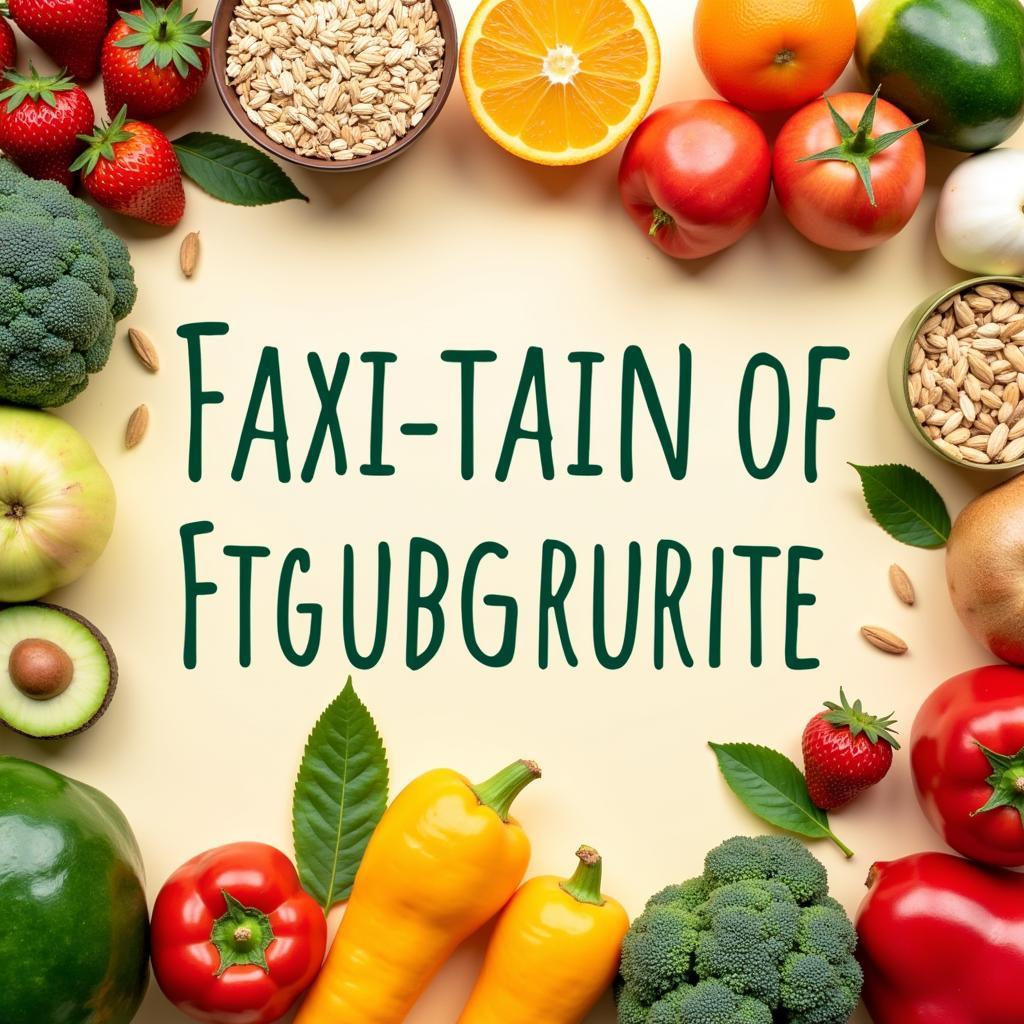Food And Drink Tax, a levy imposed on certain food and beverage items, has become a topic of increasing interest and debate. This tax aims to influence consumer behavior and generate revenue for public health initiatives, but its implications are far-reaching and affect both individuals and the food industry.
Implementing a food and drink tax raises several important questions. How does it impact consumer choices and overall health outcomes? What are the economic consequences for businesses and the government? And what ethical considerations arise from such a tax? This article explores the multifaceted nature of food and drink tax, delving into its potential benefits and drawbacks. We’ll examine real-world examples, consider various perspectives, and provide you with a comprehensive understanding of this complex issue.
What is a Food and Drink Tax?
A food and drink tax, also known as a “sin tax” or a “sugar tax,” is a levy placed on specific food and beverage products deemed unhealthy or contributing to negative health outcomes. Commonly targeted items include sugary drinks, processed foods high in saturated fat, salt, or sugar, and sometimes even alcoholic beverages. The goal is to discourage consumption of these products by making them more expensive.
What are the main objectives of food and drink taxes? Primarily, they aim to improve public health by reducing consumption of unhealthy products. Revenue generated can fund health programs, educational campaigns, or subsidies for healthier food options. Such taxes can also be a source of government revenue for other social programs.
After introducing the main concept, we can now delve into some examples of how it works in practice. Let’s examine some real-world applications.
The Impact on Consumers and Businesses
Food and drink taxes can significantly affect consumer behavior. Increased prices can lead to reduced consumption of targeted items, potentially leading to healthier dietary choices. However, there can be unintended consequences. Low-income households may be disproportionately affected, as these taxes can increase the cost of basic food items. Additionally, consumers might substitute taxed products with other unhealthy options not covered by the tax.
Businesses in the food and beverage industry also experience significant impacts. They may face reduced sales, especially for products directly affected by the tax. This can lead to job losses and decreased profits. Some businesses might reformulate their products to reduce the taxable components, potentially leading to healthier options available in the market.
Food in Hueytown offers a range of dining experiences, but how might these be impacted by such taxes?
Ethical Considerations and Public Health Outcomes
While the intention behind food and drink taxes is often noble – improving public health – ethical considerations arise. Critics argue such taxes are regressive, disproportionately affecting low-income individuals. Some view it as government overreach, infringing on personal choice. The effectiveness of these taxes in achieving long-term health improvements is also debated. While some studies show reduced consumption of taxed products, others suggest limited impact on overall health outcomes.
“Food and drink taxes can be a powerful tool for public health,” says Dr. Amelia Carter, a leading nutritionist at the National Institute of Health. “However, careful consideration of their potential impact on different socioeconomic groups is crucial to ensure equitable outcomes.”
 Healthy Food Choices and Tax Incentives
Healthy Food Choices and Tax Incentives
The Future of Food and Drink Tax
The future of food and drink tax remains uncertain. As governments grapple with rising healthcare costs and public health challenges, these taxes are likely to remain a topic of discussion. Finding the right balance between public health goals, economic considerations, and individual freedoms will be a continuous challenge.
“Balancing public health with individual autonomy is crucial,” states Professor David Miller, an economist specializing in public policy. “Taxation should be part of a comprehensive strategy that includes education and accessible healthy food options.”
Conclusion
Food and drink tax is a complex issue with significant implications for individuals, businesses, and governments. While it can generate revenue and potentially influence consumer behavior, its long-term effectiveness in improving public health remains a subject of ongoing research and debate. Successfully implementing a food and drink tax requires careful consideration of its economic and ethical dimensions, along with a comprehensive public health approach. Understanding the complexities of food and drink tax is crucial for informed decision-making and fostering a healthier future. For those seeking specialized dietary options, exploring vet life renal dog food might be helpful. Or, consider the convenience of holiday food delivery services.
FAQ
- What types of food and drinks are typically taxed?
- How is the revenue from food and drink taxes used?
- Do food and drink taxes actually improve public health?
- What are the arguments against food and drink taxes?
- Are there alternatives to food and drink taxes for promoting healthy eating?
- How do food and drink taxes affect low-income families?
- What is the role of education in conjunction with food and drink taxes?
Common Scenarios for Food and Drink Tax Questions
- Individuals trying to understand how a new tax will impact their grocery budget.
- Businesses assessing the potential impact of a proposed tax on their sales.
- Policymakers evaluating the effectiveness of existing food and drink taxes.
- Public health advocates exploring strategies for promoting healthier eating habits.
Further Exploration
Explore related articles on our website, such as our guide to food in Hueytown.
Contact Us
For any assistance, please contact us: Phone: 02437655121, Email: minacones@gmail.com or visit us at 3PGH+8R9, ĐT70A, thôn Trung, Bắc Từ Liêm, Hà Nội, Việt Nam. We have a 24/7 customer service team.